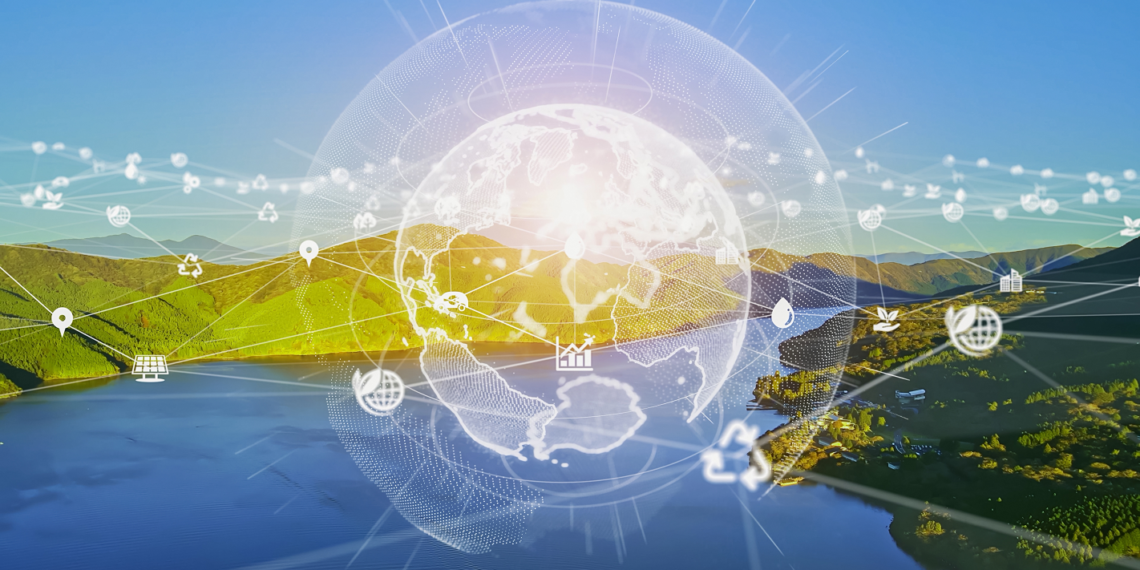During a joint summit in Brussels earlier this month, Japan and the European Union (EU) formed an agreement to strengthen critical raw materials supply chains crucial for the decarbonization of their respective economies.
According to a statement released from the European Commission President Ursula von der Leyen, European Council President Charles Michel, and Japanese Prime Minister Fumio Kishida, parties will take steps to strengthen cooperation on economic resilience and security by starting with critical raw materials supply chains.
The agreement aims to mitigate risk by reducing strategic dependencies and encouraging the signatories to remain alert to global developments that could threaten the stability of critical minerals supply, including cobalt, copper, graphite, lithium, and nickel.
The EU and Japan stated that their work will advance resource efficiency and circular economy within institutions such as the G7 and G20, including the recycling of these materials.
Additionally, an administrative arrangement on cooperation in critical raw materials supply chains was incorporated into the agreement. The arrangement will consolidate key areas, such as supply chain risk management, innovation, circulatory frameworks, and exchanging information on projects and support methods.
As reported by S&P Global, EU representatives named Japan “a forward looking and ambitious partner” that continues to prioritize issues surrounding the energy transition.
The European Commission has already established strategic partnerships on raw materials with Argentina, Canada, Ukraine, Kazakhstan, and Namibia on behalf of the EU.
Further, it is currently in negotiations with the US, Australia, Indonesia, Chile, and the Democratic Republic of the Congo.
The Euro-Japanese alliance follows the recent Critical Raw Materials Act proposed by the European Commission during the 2022 State of the Union speech, in response to surging global demand for critical raw materials.
EU demand for rare earth metals, for instance, is expected to increase six-fold by 2030, and seven-fold by 2050. For lithium, European demand is expected to increase 12-fold by 2030, and 21-fold by 2050.
As reflected by the agreement with Japan, the act will aim to strengthen all stages of the European critical raw materials value chain.
Meanwhile, the commission has also proposed a Net Zero Industry Act (NZIA) with the objective to scale up manufacturing of key carbon-neutral technologies for clean energy supply chains, in an attempt to achieve an affordable, reliable, and sustainable clean energy system.
By ramping up production of net-zero technologies, the EU will avoid replacing its reliance on Russian fossil fuels with other detrimental dependencies.
Carbon capture and storage, battery/storage, heat pumps and geothermal energy, fuel cells, solar photovoltaic and solar thermal energy, and onshore and offshore renewable energy are all examples of technology that might otherwise be blocked for the green energy transition if the current status quo is maintained.












